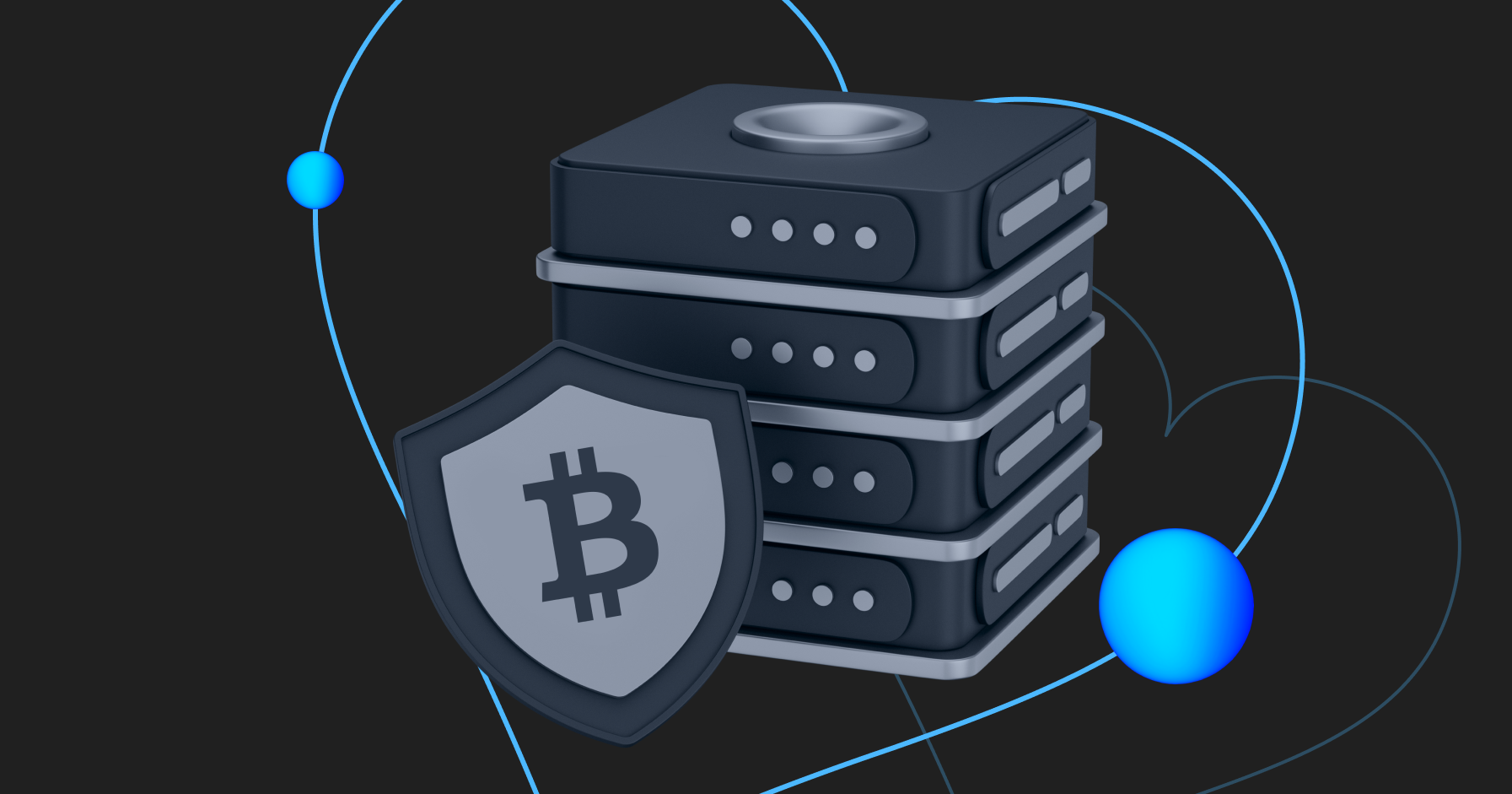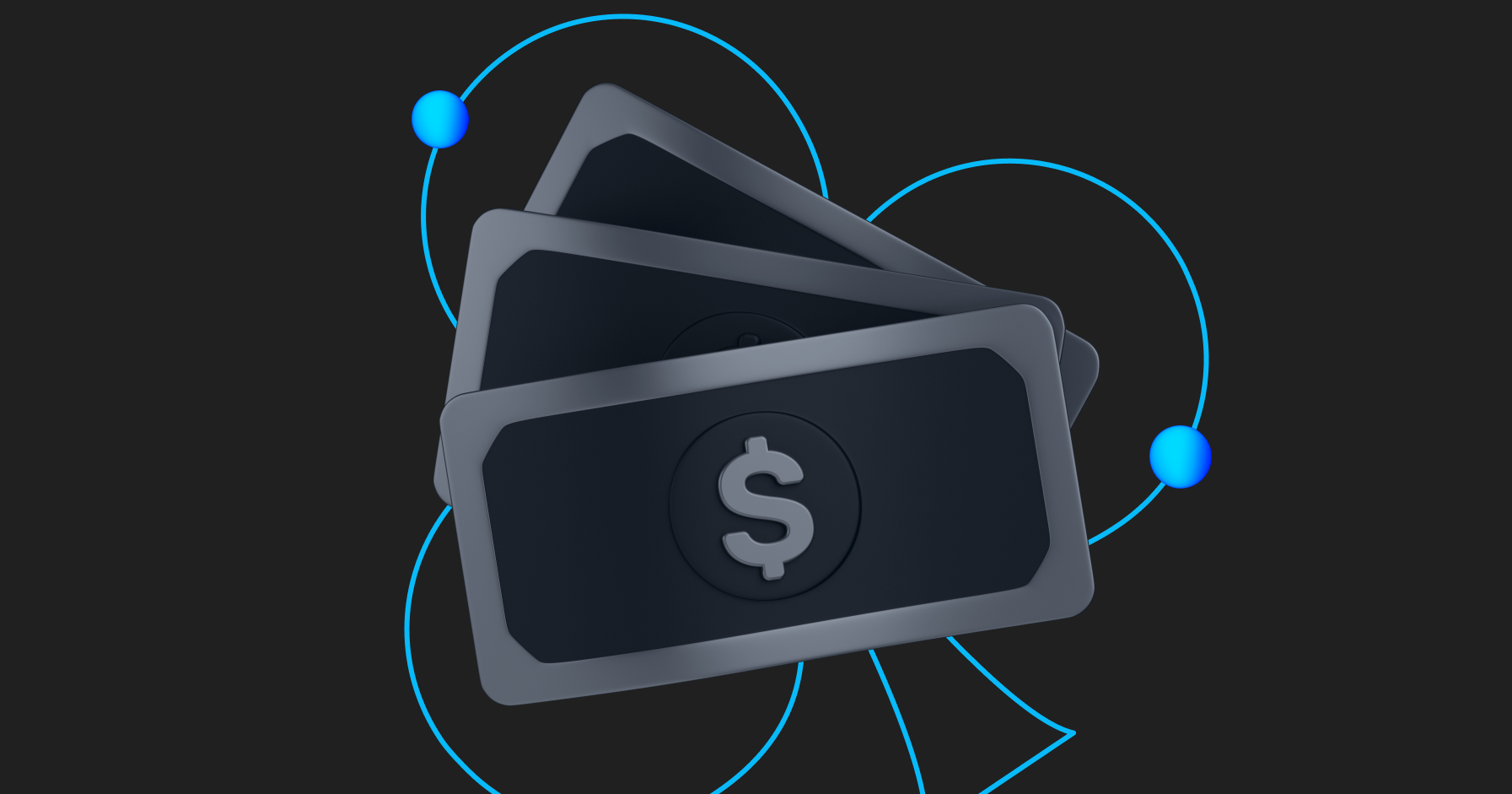
What are crypto payment gateways and how do they work?
Cryptocurrencies have been growing in popularity for quite a while now, and it got to the point where many platforms are expected to accept payments with Bitcoin and other tokens. For the majority of businesses, especially small or medium ones, handling crypto transactions is almost impossible: it is a complex operation that requires a ton of work and maintenance.
The good news is that there is a simple way to implement such a system by outsourcing all the difficult parts to crypto payment gateways. With this technology, it is not even necessary to know how to accept crypto payments in order to enable them. Expectedly, such solutions are more popular within industries, in which cryptocurrency payments are popular. This includes gambling, sports betting, and other high-risk industries aside from regular businesses.
Even though the technology is simple to use, there are several aspects of crypto payment solutions that should be taken into account before opting in.
What are Crypto Payment Gateways?
As described in the introduction, cryptocurrency payment gateways are third-party systems that can be implemented to almost any online platform that processes all sorts of transactions. Implementing such a system will allow the operator to receive payments in Bitcoin and other cryptocurrencies without having to process them on their side.
Such gateways have become a popular solution for many high-risk industries, as processing cryptocurrency payments is rather difficult. The transactions are performed manually, and creating an automated system requires setting up technologies that are completely different from the ones used with regular online payment methods.
Advantages of Using Crypto Payment Gateways
The main advantage a cryptocurrencies payment processor system grants is rather obvious: it allows the operator to easily start accepting transactions in Bitcoin, Litecoin, Ethereum, Tether, and other cryptocurrencies. In this case, the operator does not have to develop its own systems to process these transactions and perform any sort of management over the process. Moreover, the process of connecting such a system to the website is usually fairly easy.
Of course, crypto payment platforms charge a fee for using them, but for the vast majority of businesses it is still more beneficial. A website of a small or medium scale will simply spend significantly more funds on developing their own system rather than paying a small fee for processing the transactions.
What is even better, many crypto payment providers offer free connection. It means that a website manager will lose nothing on adding such a system to their platform. It is basically a risk-free deal, as the fees will only be charged from successful operations.
Speaking of success, it is another advantage of cryptocurrency payment solutions. Providers of such services offer tested systems that already work successfully on many other platforms. It gives the operator an option to accept crypto payments on their website without having to worry about any technical malfunctions.
How Do These Solutions Work?
The general technology behind crypto payment gateways has already been described: they take on the responsibilities of reviewing and processing the transactions for a fee, acting as an intermediary between the operator and the customer. The option to submit payments in cryptocurrencies will appear on the operator’s website, providing a seamless experience to the users of the platform.
It would be appropriate to mention that there are two general kinds of crypto payment gateways, and the difference between them is in how they treat the funds from the processed transactions.
The first group of solutions receives the funds and allows the operator to withdraw them to almost any platform: they can send the money to a bank account, an e-wallet, or to a crypto wallet. This adds slightly more complexity, as the cryptocurrencies might need to be converted into regular currencies, which will also be done by the payment gateway. Some systems of this type allow the operator to set up automatic withdrawals, while the others require them to withdraw their funds manually.
With the second group of solutions, it is a lot simpler, as these payment gateways send out cryptocurrencies directly to the operator’s wallets. On the one hand, it makes the process more straightforward, as the payment gateway does not need to convert currencies in that case. But on the other hand, with such systems, the operator has to set up crypto wallets and be able to use the funds available there.
Essentially, the first type of payment gateways is more suitable for operators who do not wish to deal with cryptocurrencies themselves. Such systems require essentially no crypto knowledge, as the transactions are processed by the third-party and the funds can be redeemed in regular currencies. The second type of gateways is more suitable for advanced operators who are comfortable with using cryptocurrencies on their own.
What to Keep in Mind When Choosing a Crypto Payment Gateway?
Even though using a payment gateway does not require any direct involvement, the operator has to research the niche before connecting one of them on their platform. There are several key factors that should be taken into account in order to make a choice that will correspond to the specific needs of the operator and improve the quality of their website. These criteria are:
- reliability;
- variety of accepted cryptocurrencies;
- user experience;
- type of gateway;
- difficulty of connection;
- fees and costs.
The first criterion is fairly simple: the payment gateway should be reliable and trustworthy. It does not exclusively apply to crypto processors, but to all transaction gateways in general. It is vital to choose a service with a positive reputation and a successful history of operation.
The second parameter is also rather straightforward and even more objective than the first one. Different gateways are willing to process payments in different assortments of cryptocurrencies, so the choice should take the needs of the users into account. Generally, it is better for the gateway to accept more cryptocurrencies than fewer, but it is in most cases enough to provide payments in five most popular coins.
The user experience also matters a lot in choosing a decent payment gateway. In case the system is slow and inconvenient, it will inevitably have a negative effect on sales or deposits to the platform. The users who would otherwise constantly use BTC or other coins for transactions would not do it, in case the experience is not good enough. The best option here is to find a platform that is already connected to the gateway and test it by making a cryptocurrency payment there.
The next point was discussed earlier in the article, and it is the only criterion so far that does not affect the customers. Choosing the correct type of gateway depends solely on the intentions of the operator: if it is more convenient for them to withdraw funds to bank accounts, it is reasonable for them to look for a gateway that offers such an option.
Last but not least, the operator should evaluate the process of connecting the gateway to their platform in advance. The things to consider here are the difficulty of the connection and costs associated with the process. As mentioned, the majority of gateways provide an easy option to connect them to the website. As for the costs and prices for connecting the gateway, it varies between different services.
In these terms, BetterBro is a universally appealing option. It combines all the criteria mentioned above and is one of the most reliable gateways in the market. It accepts a wide variety of cryptocurrencies and offers a seamless user experience. Connecting this gateway to the website is easy, as the company consults you before performing any work on the website. Lastly, it is free to connect BetterBro to the website, as the service only charges fees from successful transactions.

